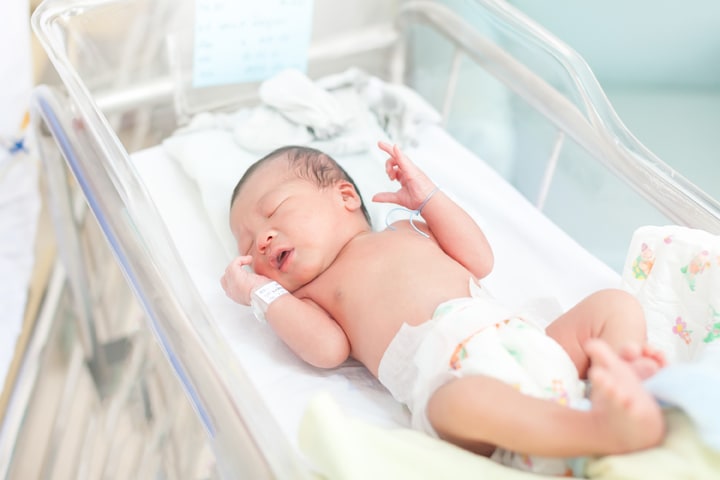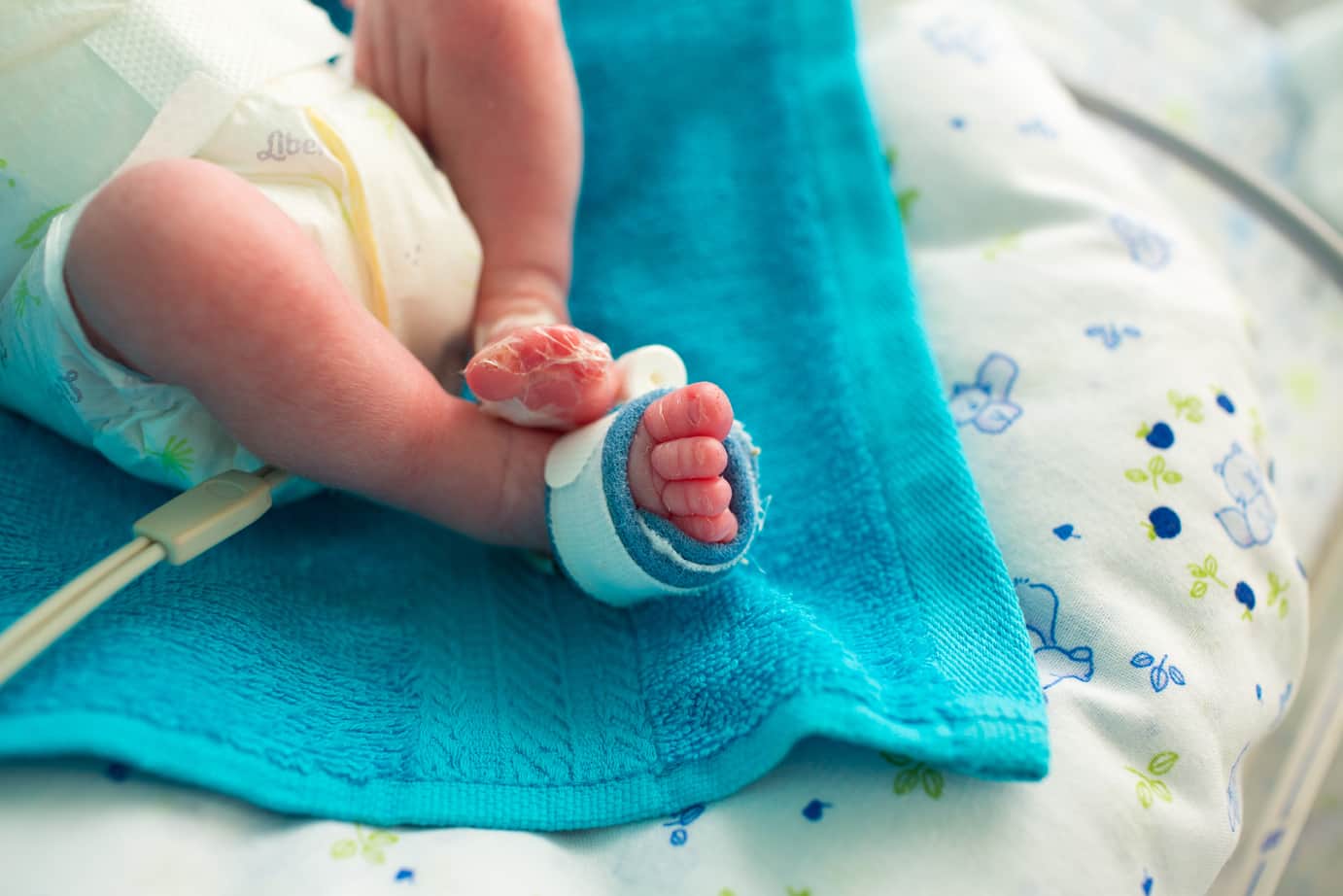Immediate Care of your Baby
Although the majority of babies cry at birth, some babies will need a little help to take their first breath. If the midwife or doctor has any concerns about the baby, a paediatrician will attend the birth. Babies who need help to breathe in the first few minutes usually recover quickly and can be placed skin-to-skin once they are crying and breathing themselves. Occasionally, babies may need ongoing care and observation by the midwife and paediatrician. In this case, your baby will remain under the radiant warmer in the birth room. Should your baby need to be admitted to the neonatal unit, the paediatrician will give you a detailed explanation of the reasons.

Identification and security
Identification bands will be put on your baby’s wrist and ankle. These bands will contain your details and those of your baby, including its sex. The details on the band will be checked with you before the bands are put on. It is important that the identification bands stay on your baby for as long as you are both in hospital. The midwife will also place a security tag on your baby’s ankle. The baby tag helps us to keep your baby safe while in hospital. If you notice that either the identity band or the security tag fall off your baby, please inform a member of staff immediately, so that the band or tag can be replaced.

Physical examination
The first question parents ask once the baby’s sex has been discovered is “what’s the weight”? The midwife will weigh your baby before transfer to the postnatal ward. The midwife will also carry out a physical examination of your baby including counting fingers and toes. This first physical examination will confirm that your baby appears to be healthy and well. The baby’s temperature will also be checked.
Vitamin K
The Rotunda Hospital recommends that all newborn babies receive an injection of vitamin K following birth. Your midwife will discuss this with you during labour. Vitamin K is important for blood clotting and newborn babies don’t have any stores of the vitamin in their bodies. Babies make vitamin K as they start feeding and their gut matures over the first 3 – 6 months. The injection offers protection until your baby produces sufficient amounts of vitamin K.
